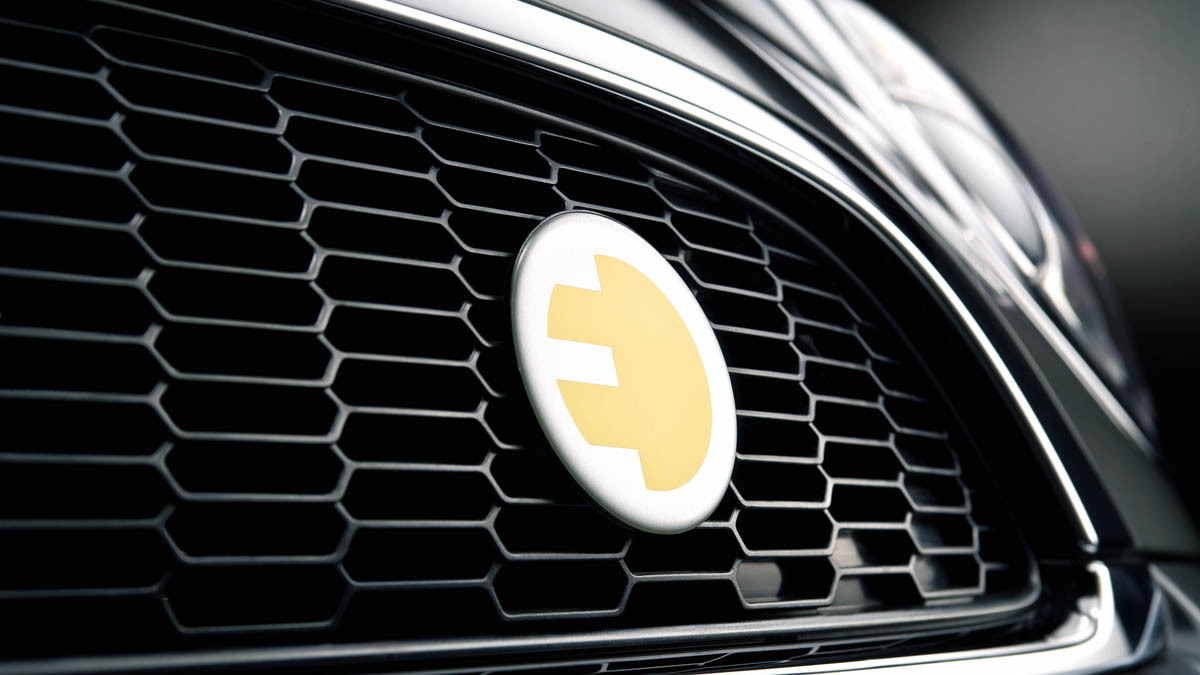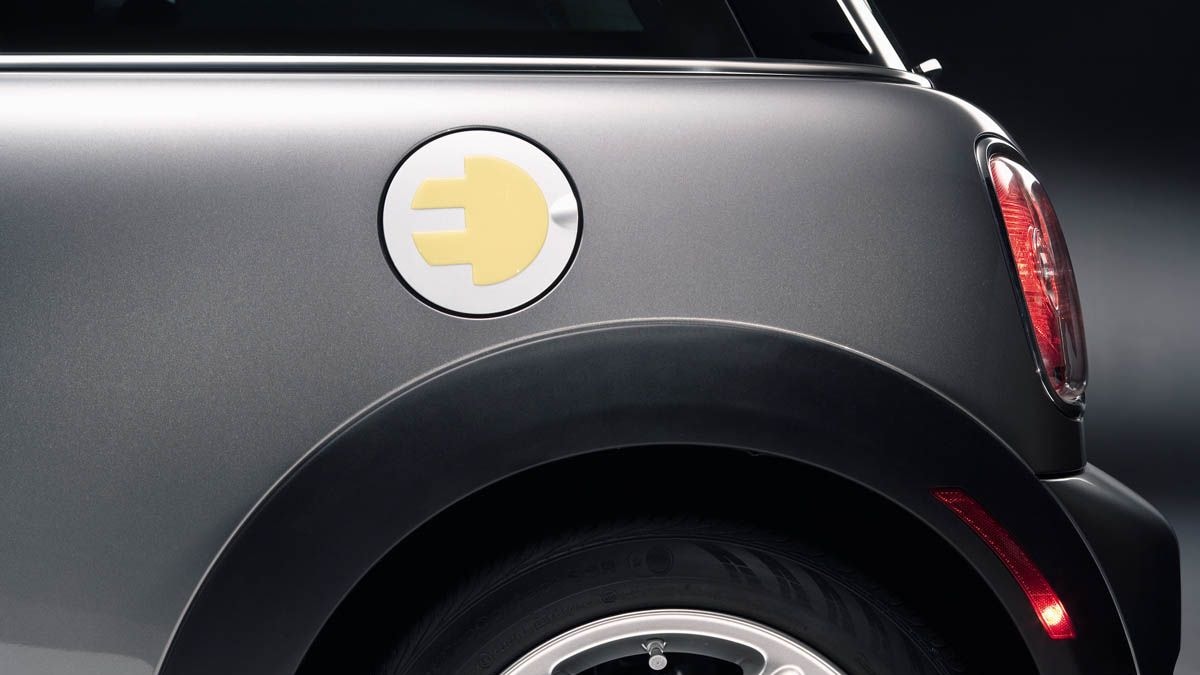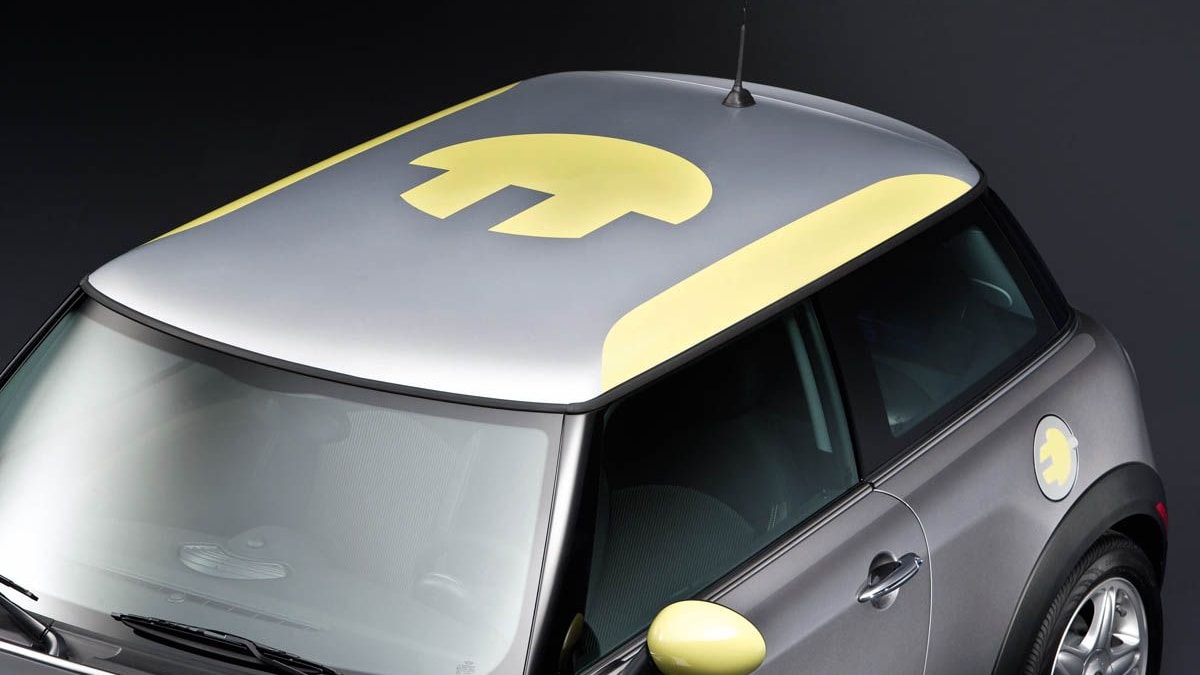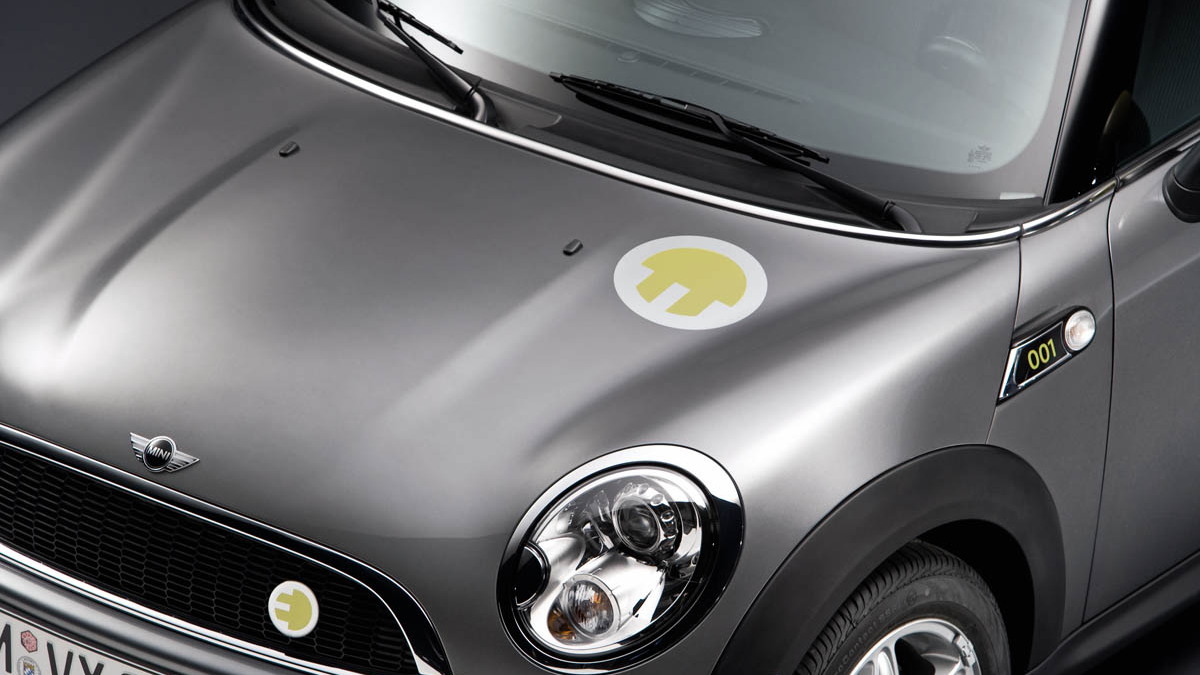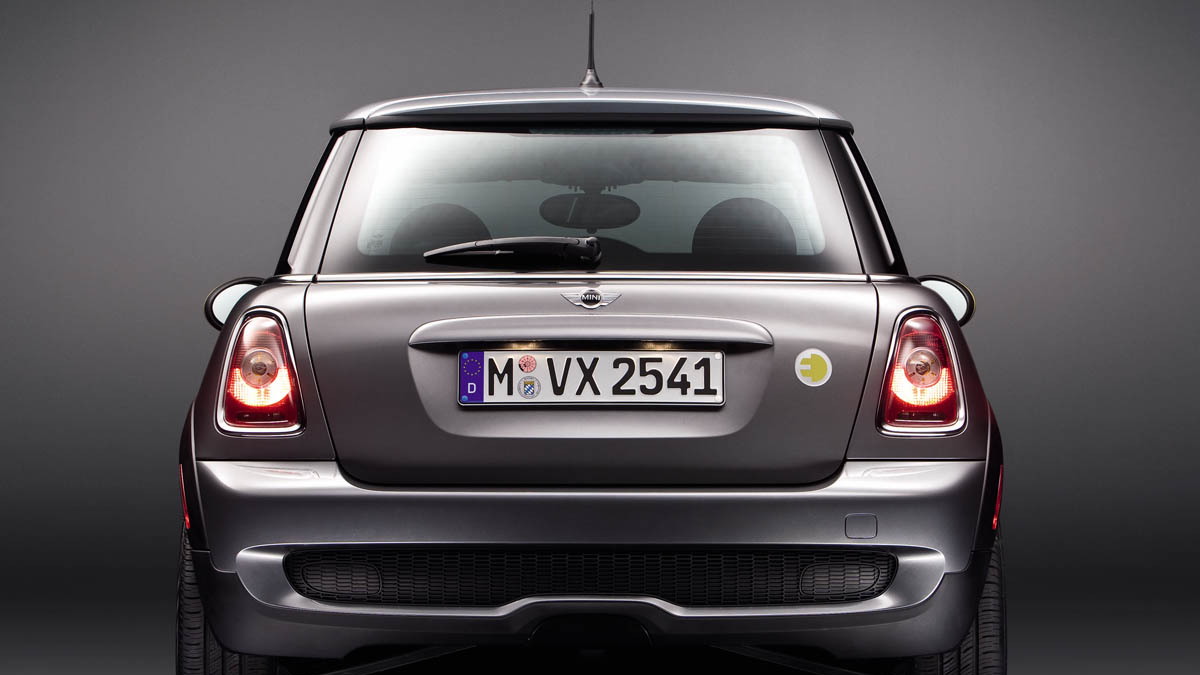Slipping a torquey and efficient diesel into the small and sporty platform of the Mini could be just want U.S. drivers are looking for, at least in larger cities: something nimble, easy to park, yet highly efficient and not terribly expensive. The company doesn't think it will make sense financially until 2010 or 2011, however, reports USA Today, and it's still not a sure thing.
If the diesel does come to the U.S. in a few years' time it will be an option across the brand range, not just a single choice. It's unlikely we'll see a Mini Cooper Diesel John Cooper Works, however.
Mini does make diesel variants of its cars in other countries, so the technological barriers lie not in the construction of the vehicles, but in the certification of the emissions. Meeting tough U.S. standards, especially in California where CARB's diesel emissions rules are stringent, could prove difficult.
The need to meet California's higher standard would be multiplied if the currently-under-review EPA waiver issue resolves in the states' favor. CARB's standards could then be imposed by essentially every state in the U.S.
U.S. testing by automotive parts company Bosch indicates the diesel Mini exceeds 60mpg in mixed driving, outstripping the current gasoline-powered car's 28mpg city/37mpg highway and even going beyond the benchmark Toyota Prius, rated at about 50mpg combined.
Mini's efforts to push new fronts in technology have been highlighted recently with its wildly popular small-scale electric vehicle testing.
